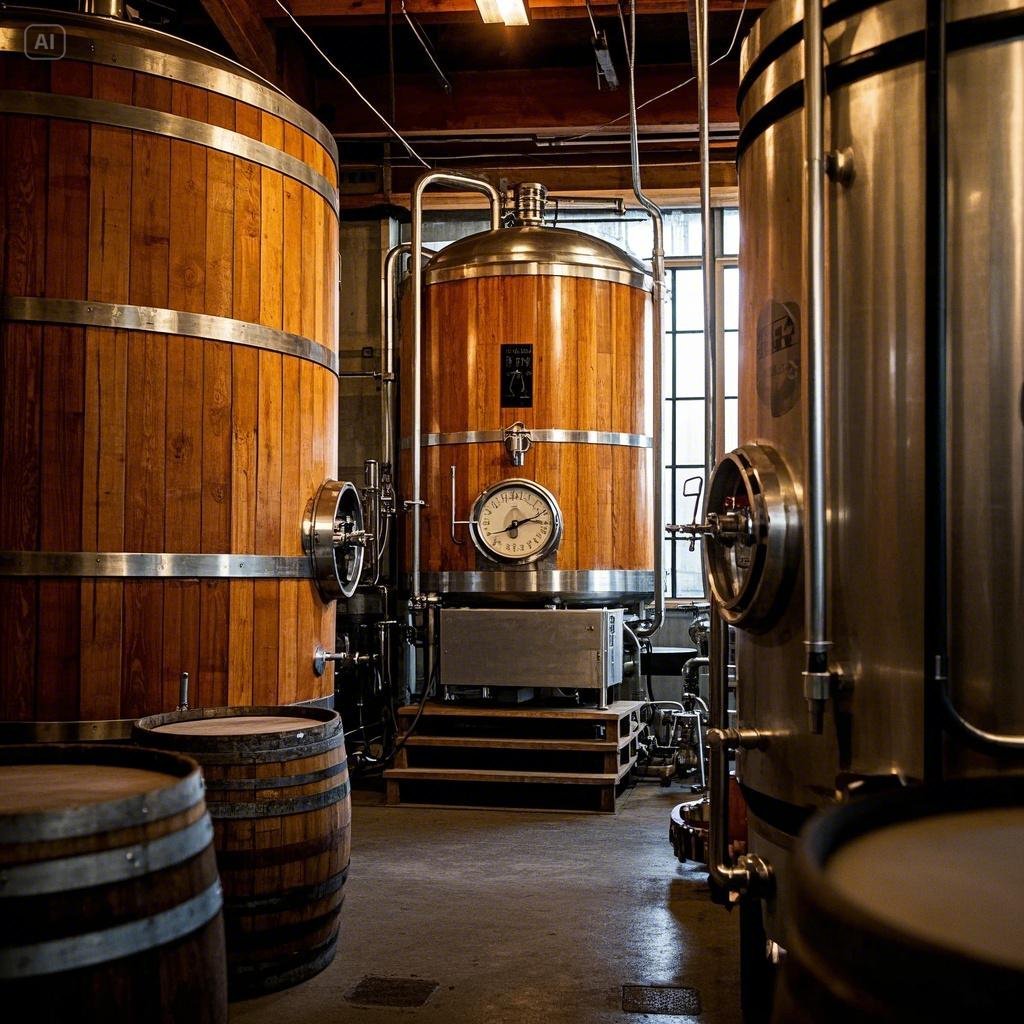Bees have been officially recognized as the most important living beings on Earth due to their critical role in pollination. Nearly 70% of the world’s agriculture relies on bees to pollinate crops, ensuring food production and biodiversity.
Why Bees Are Vital
Pollination
- Bees pollinate fruits, vegetables, and nuts, contributing to global food security.
- Without bees, crops like almonds, apples, and blueberries would face drastic declines.
Ecosystem Balance
- Bees help maintain biodiversity by enabling plants to reproduce.
- Their work supports entire food chains, from insects to larger animals.
Economic Impact
- Pollination by bees generates billions of dollars annually in global agricultural revenue.
- Farmers and communities depend on bees for their livelihoods.
Threats to Bees
Bees face numerous threats, including habitat loss, pesticides, climate change, and diseases like colony collapse disorder. Over the past few decades, bee populations have sharply declined, endangering global ecosystems and food systems.
How to Protect Bees
Ban Harmful Pesticides
- Reducing chemical use can significantly improve bee survival rates.
Plant Bee-Friendly Gardens
- Increasing wildflower areas provides bees with necessary food and shelter.
Support Local Beekeepers
- Buying honey and bee products from sustainable sources helps protect bee populations.
Advocate for Policy Change
- Supporting environmental laws can help safeguard bees’ habitats and regulate pesticide use.
Bees are not just pollinators; they are the backbone of our food systems and ecosystems. Protecting bees is essential to ensuring a sustainable future for all living beings on the planet.












